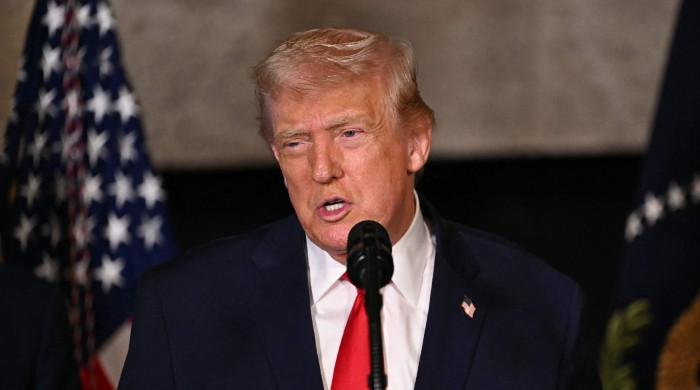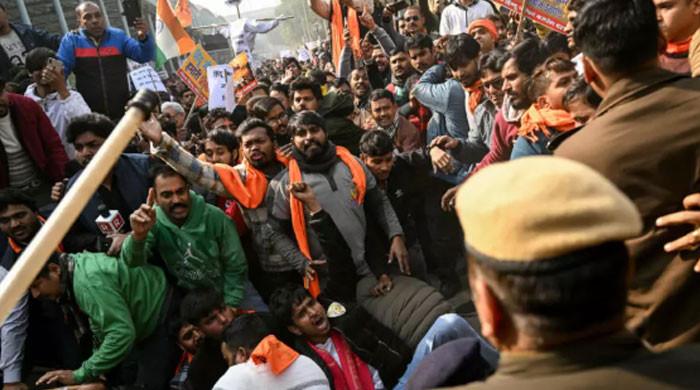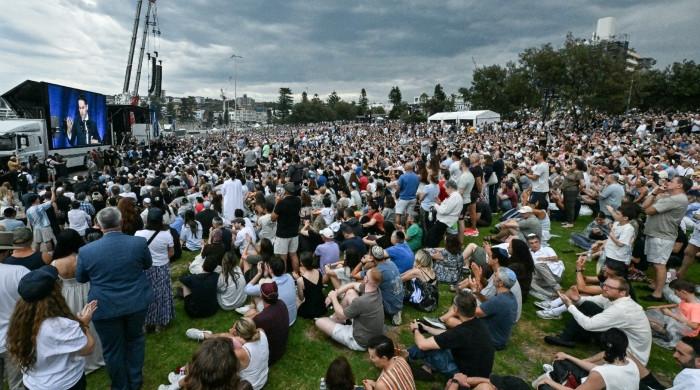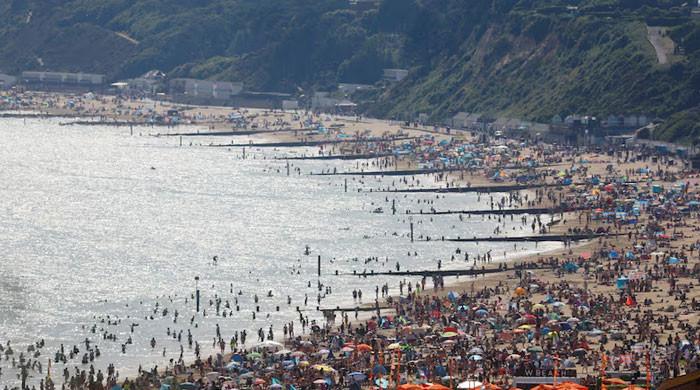Indian FM deflects US senator's appeal to resolve Kashmir dispute democratically
Lindsey Graham had said for India the best way to sell democracy would be if it settles the Kashmir dispute democratically
February 16, 2020
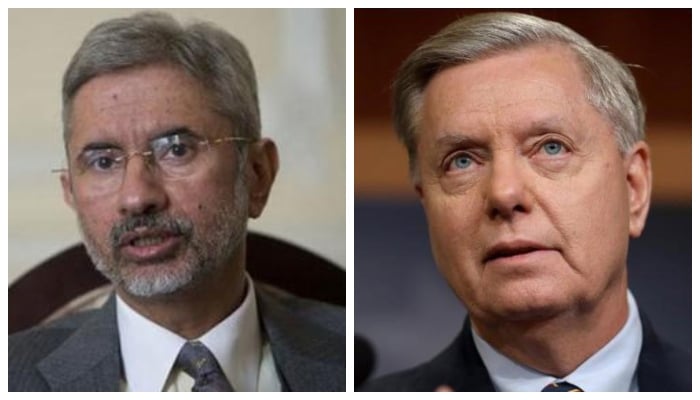
Indian foreign minister Subrahmanyam Jaishankar on Saturday dismissed US Senator Lindsey Graham’s appeal to New Delhi to settle the Kashmir dispute democratically, reported the Indian channel NDTV.
The Republican Senator in a panel discussion on “Westlessness in the World: Multilateralism in a Changing International Order” had brought up the Kashmir dispute at the Munich Security Conference. He had said that for India the best way to sell democracy would be that it settles the Kashmir dispute democratically.
"In India, you are moving forward. You got your problems like we do at home, but you have chosen the democratic path. When it comes to Kashmir, I don't know how it ends but let's make sure that two democracies will end it differently. If you can prove that concept here, then I think that's probably the best way to sell democracy," the Republican leader was quoted by NDTV.
Also read: 'In Kashmir, everyone's battling Indian oppression except local media'
"Do not worry, Senator. One democracy will settle it and you know which one,” the Indian minister responded to the US senator’s plea.
Graham was one of the four senators who had written a letter to US President Donald Trump asking him to intervene and help ease the on-going clampdown in occupied Kashmir by the Indian armed forces.
In the letter the senators had expressed their concern regarding the situation in occupied Kashmir, and pressed Trump to ask Indian Prime Minister Narendra Modi to lift the lockdown and curfew and release the hundreds of innocent Kashmiris detained under the controversial Public Safety Act.
The Indian government unilaterally revoked the decades-old special status of the Muslim majority Himalayan region on August 5 by repealing article 370. India had sent tens of thousands of additional troops to the disputed territory, imposed curfews on its residents, and severed communications, including access to the internet and telephones.
According to media reports, at least 4,000 people have subsequently been held in occupied Kashmir under the Public Safety Act — a controversial law that allows authorities to imprison someone for up to two years without charge or trial — including local politicians, activists, academics and students.




